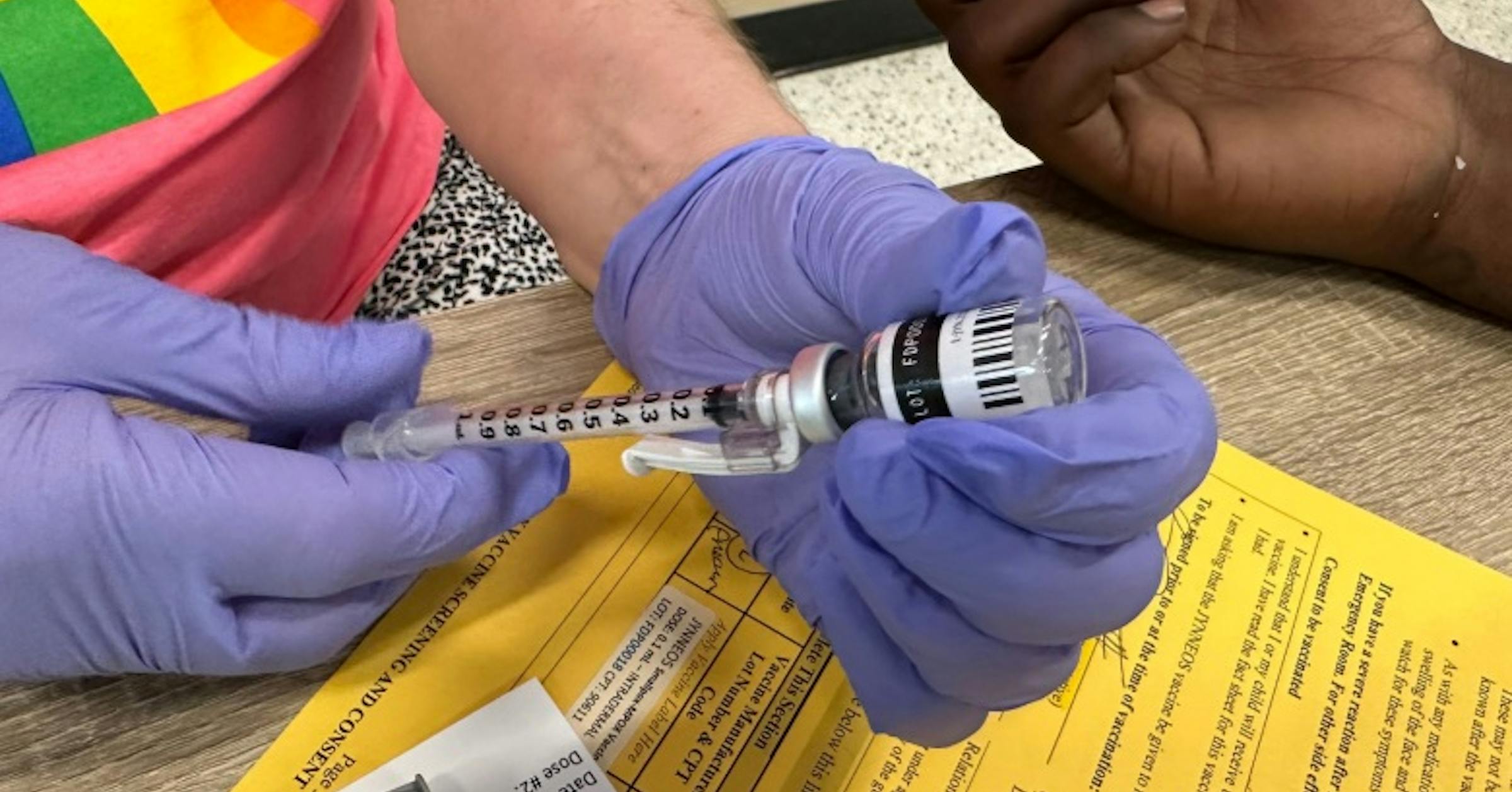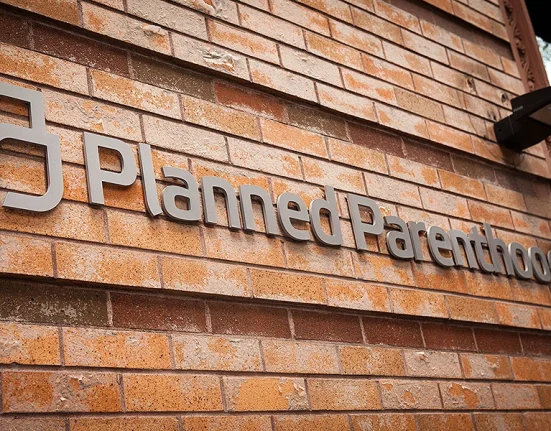Translation services and the decision by health officials to avoid asking for any documentation made the clinics especially accessible to those without permanent legal status, amid heightened fears of immigration enforcement in recent months, said Rodolfo Gutierrez, HACER’s executive director.
The more people that are immunized, the less vaccine-preventable diseases will spread. The loss of the free clinics means fewer people will be vaccinated, which hinders public health, he said.
“It is important to take these kinds of approaches, community approaches, and to encourage that kind of confidence in people that they are not going to be exposed if they are undocumented,” Gutierrez said. “But further than that, that is what public health means.”
At these clinics, city health officials last year administered more than 800 COVID-19 vaccines, more than 700 flu shots and more than 500 mpox vaccinations.
According to data from the Minnesota Department of Health, immunization rates across the city fell during the COVID-19 pandemic. As of September, about 30% of 6-year-olds citywide have not received the immunizations required by law before enrolling in kindergarten, which include vaccines for chickenpox, polio, hepatitis B, and measles, mumps and rubella (MMR), among others.
Of the 87 clinics held during last year’s efforts, 21 of them focused on children. City health officials offered 12 different vaccines to youth at these clinics, and nearly 1,500 shots were given.






